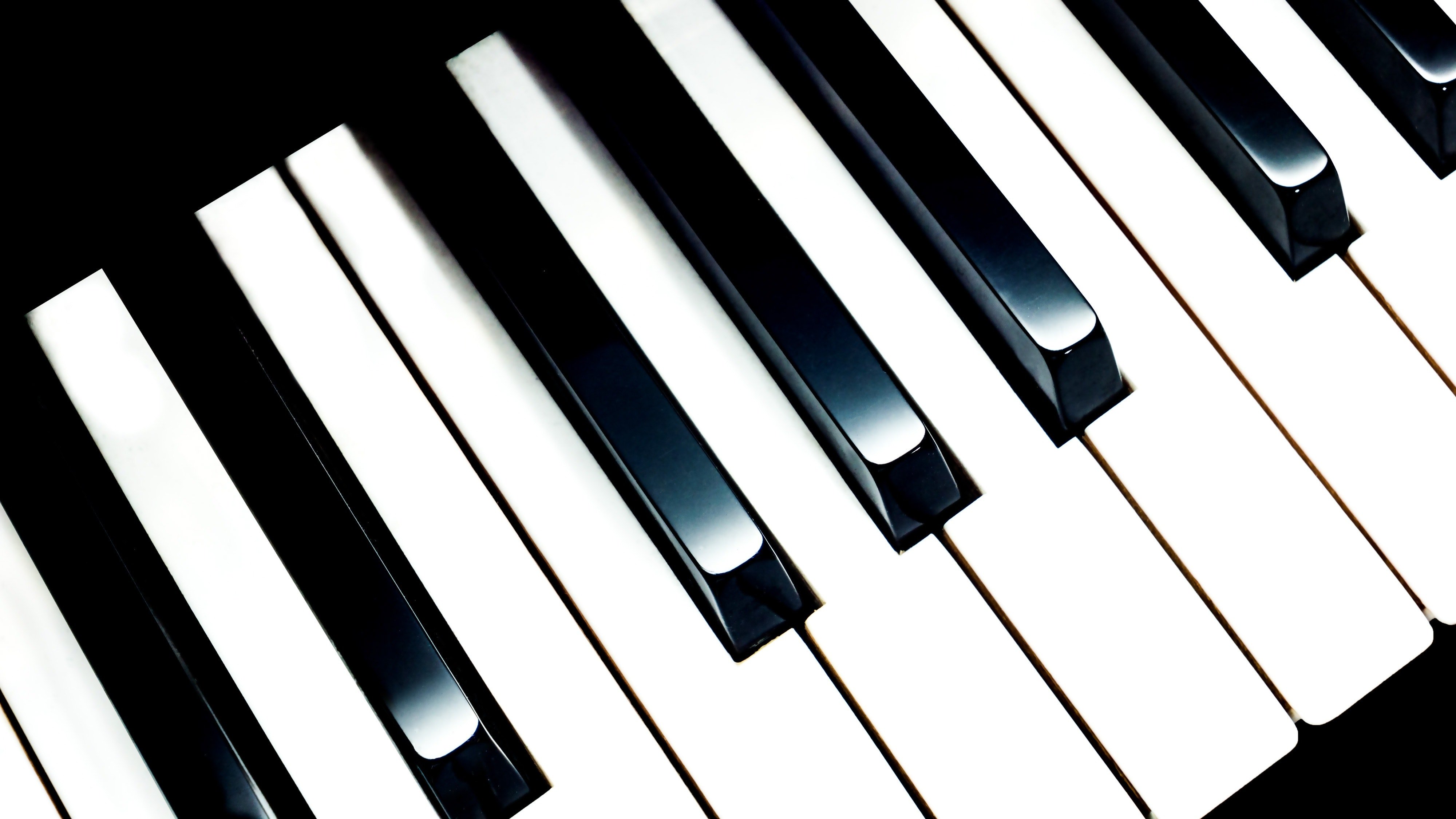I looked at some of those apps that claim to teach you, but I’m not really in a position to pay the hefty subscription some of them require. Any books or the like I could take a look at?
I’m not a professioinal musician, just a hobbyist, but here are some tips. For starters, musical notation is a major hurdle that turns many newbies away, so I suggest starting with synthesia - it’s a great app to learn with. You can buy/steal it, find midi files of your favourite songs or just watch pre-recorded footage on youtube, just search for “name of song synthesia”. Piano is simple, really, just press what you’re seeing and you’re good to go. Most songs go melody on the right and chords on the left. So start with right hand only to get some results and satisfaction right away, then go for the left hand only and train to the point you’re not really thinking about it, then try re-introduce the right hand. It’s going to be hard, but at some point, maybe in a few hours, it should just click together. Later, you can learn the notation, but I highly suggest learning how scales and circle of fifth work and learning few more songs the newbie way before the switch, it will improve both your song learning ability and it’s an essential part of learning musical notation anyway. Get a feel of the chords in different scales and try to jam with a simple 1-4-5 chord progression, after some practice you would be able to noodle effortlessly in any key, giving you the ability to easily learn and play along with most pop songs.
Another tip I would suggest for starters, is to hold the sustain pedal. If your piano has just only one pedal, that’s the one, if it has three, it’s the rightmost one, if you have none, like on a lot of electronic pianos - stick a paperclip into your sustain pedal port to short the connection. This will make your notes continue to ring even after you release the keys, which would make it more forgiving and will generally make it sound better. But later on, do release it and learn play without it, after all, release is important, it will sound muddy if you just hold it forever.
Absolutely agree with this approach. I’ve been playing for years and having a lot of fun fumbling my way to success. The key is practise until your motor skills will allow you to play anything, a lot of technique is transferable from song to song.
Another suggestion I might add is to try learning to play by ear. This is not for everyone, as musical notation does allow you to get going more quickly, but again with practise you can play most songs near-instantly.
There is absolutely nothing wrong with fumbling around hitting random keys until you’ve got the melody down and adding chords from there. There is also no “right” way to play a song, and lots of people compose their own arrangements, swapping chords or even full note sequences for ones they feel sound better. Playing piano this way is mostly about feeling and using the instrument as a creative outlet.
If you do happen to have access to an electric piano, most of them allow you to record your work, which I also highly recommend doing. Listening to the results during the act of playing the piano is radically different from listening passively. You’ll spot mistakes and form strategies to deal with them in the next iteration.
Last but not least: Try to compile a list of songs you would like to learn, the longer, the better. The worst thing that can happen for your progress is to get burnt out playing the same song over and over again. Either when you encounter something you’re not quite ready for, or when you’re out of ideas. Mixing it up will not only help keep things fresh, but will also allow you to grow and overcome hurdles with other songs that just won’t disappear if you keep trying the same song over and over.
Find your way to play and have fun with it.
Most people recommend Alfred’s Adult All-In-One Course. There’s 3 levels and they’ll keep you occupied for a long while. I’ve always found them quite useful. Alfred’s publish songbooks for each level as well.
I don’t know if you are looking for a zero cost or low cost, but I found an excellent in person teacher that is only $30 a lesson and will space lessons to my fit, so I go at most 2 time a month, that gives me plenty of practice in-between and I do not plan to be a pro it is more hobby playing for me so it is working out fine.
I found her listed in Google maps lol, but give a few teachers a call some are more reasonable than you think
I enjoyed the book “Adult all in one piano adventures” from Faber.
I tried the book from Alfred and the music were boring and the book chaotic
A nice free app to train your ear is “Functional ear Training”: https://play.google.com/store/apps/details?id=com.kaizen9.fet.android
A nice play to play online with people in multiplayer mode is multiplayerpiano.net
I would wander through Google/YouTube for a bit, and figure out what you want to prioritize with your learning. Knowing what you want to work on is super important.
Personally I’ve just tried to learn songs that I like (with varied amounts of success), and then use whatever techniques I learned to mess around and make my own music. This keeps me motivated to practice because it doesn’t involve boring drills.
Everyone has a different leaning style though, so try out different methods and see what sticks!
I’m about 75 hours in to learning, and Synthesia was a big reason for being able to stick with it. It’s essentially guitar hero for piano, and shows what keys to hit when. It’s got a bunch scale exercises which show you what fingers to use. And I was able to learn proper finger placement pretty fast. Synthesia is 10 bucks, and it runs on midi files. It comes with a bunch as well.



